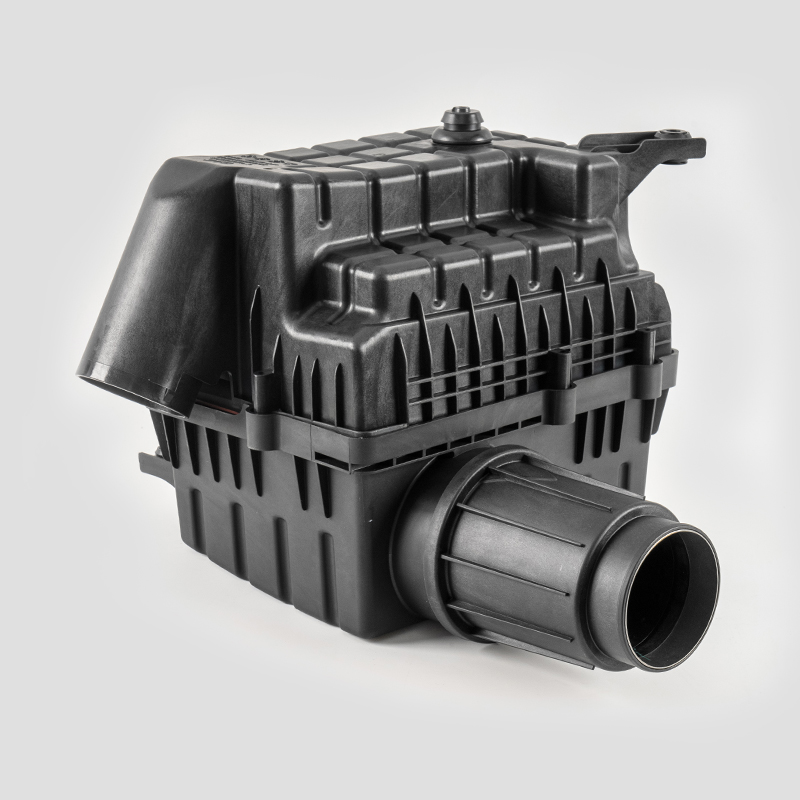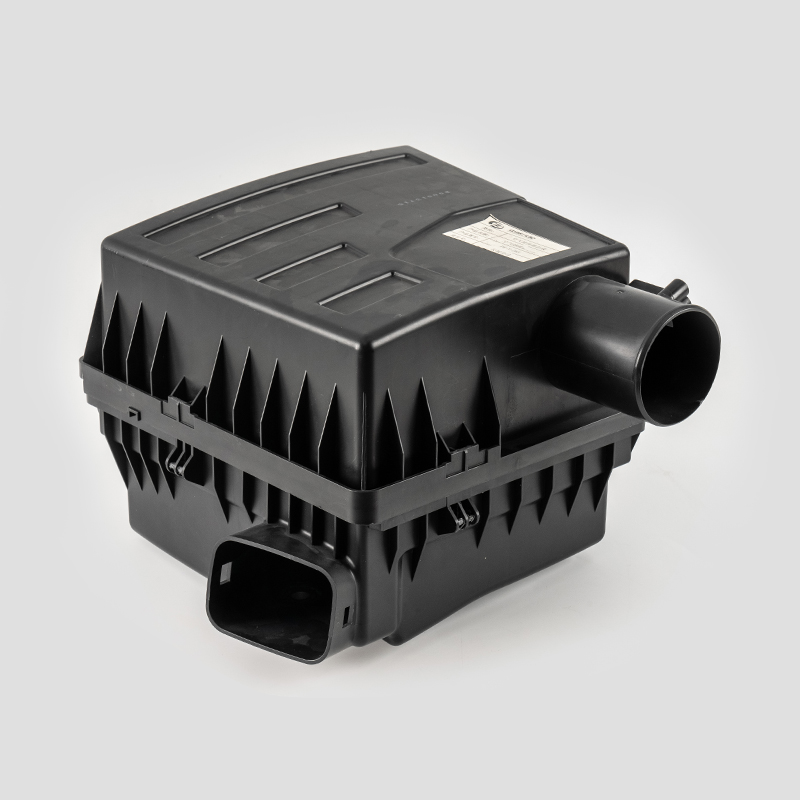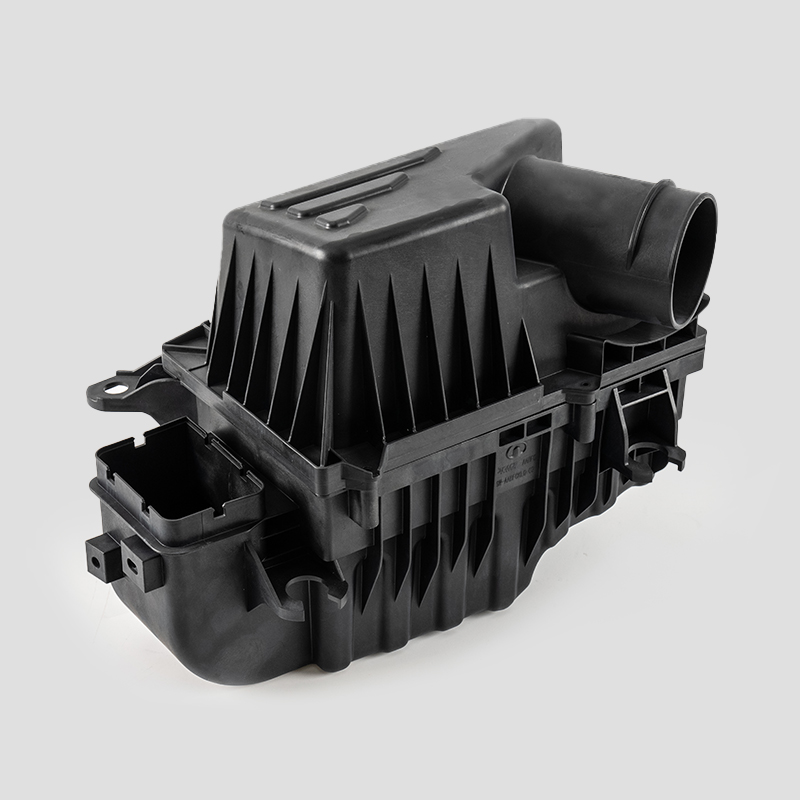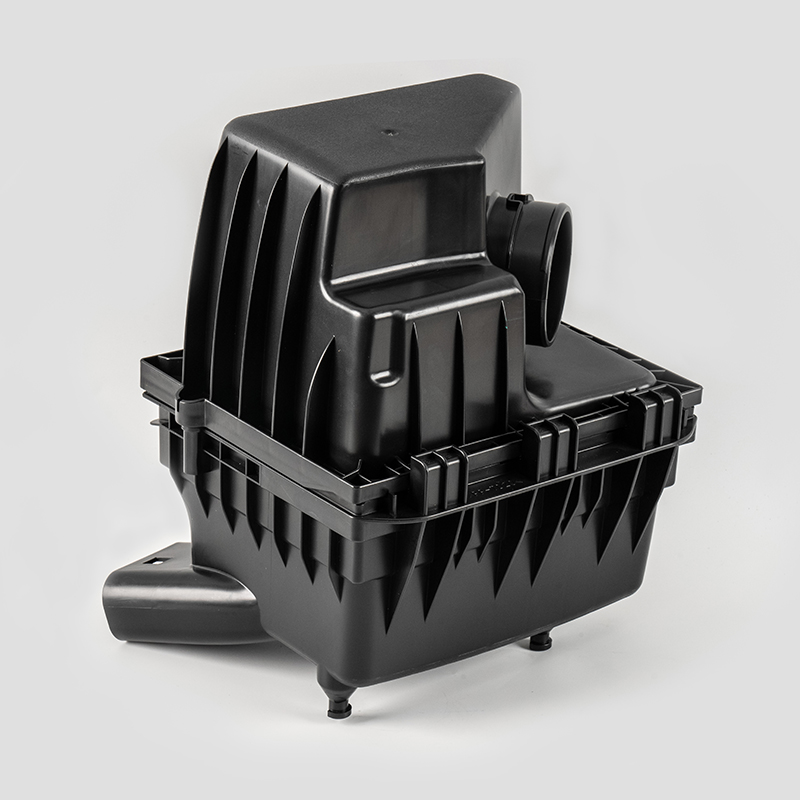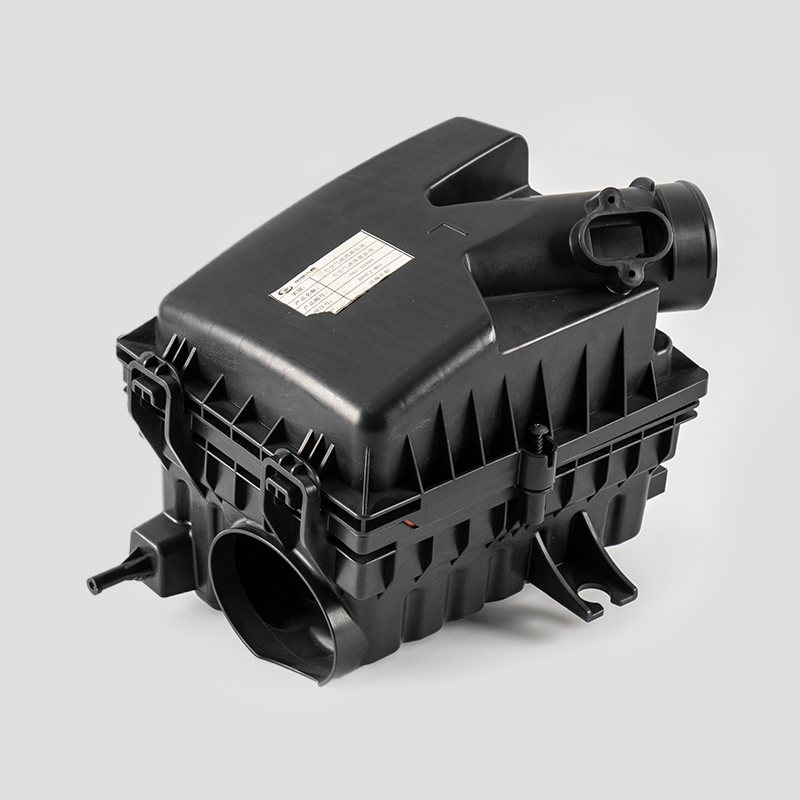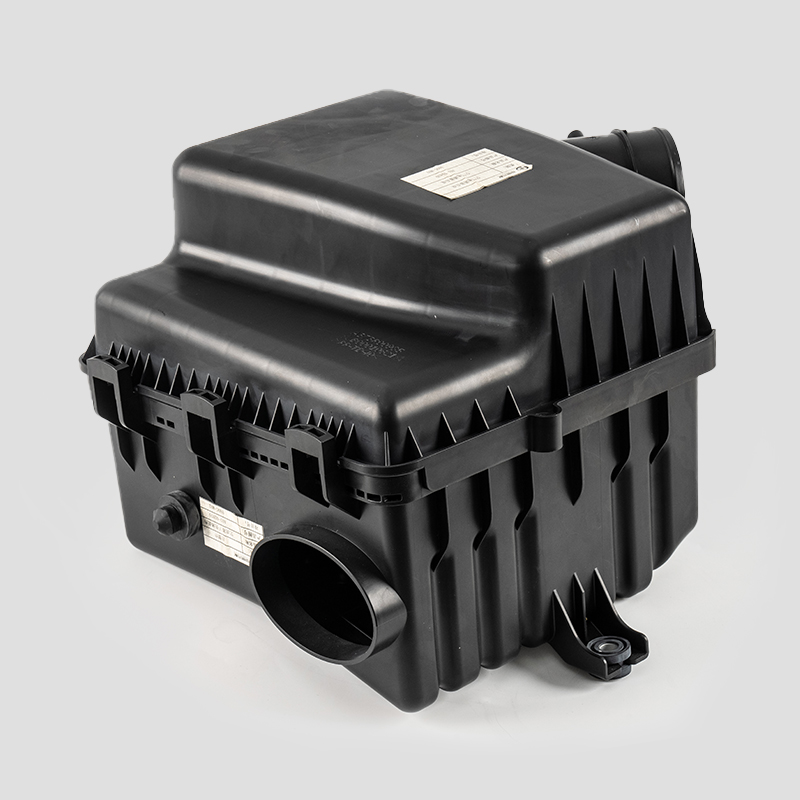How can a fuel filter help protect the fuel injectors and other components in the fuel system?
The fuel system in any vehicle or engine plays a crucial role in ensuring that the engine operates efficiently and reliably. Among the many components that contribute to its overall functionality, the fuel filter is one of the most important yet often overlooked elements. This seemingly simple component has a significant impact on the health of the fuel system, particularly the fuel injectors and other sensitive components. By understanding how the fuel filter works, we can appreciate its essential role in protecting the fuel injectors and maintaining the overall integrity of the fuel system.
The primary function of a fuel filter is to remove impurities and contaminants from the fuel before it reaches the engine. These contaminants can include dirt, rust, water, debris, and even microscopic particles that may be present in the fuel due to poor storage, transportation, or handling. If left unchecked, these contaminants can enter the fuel system and cause serious damage to sensitive components, particularly the fuel injectors. Fuel injectors are designed to deliver a precise spray of fuel into the combustion chamber at high pressure. Any obstruction or contamination in the fuel can disrupt this delicate process, leading to reduced engine performance, poor fuel efficiency, and increased emissions.
By trapping these harmful particles, the fuel filter helps prevent them from reaching the fuel injectors, where they could cause clogs or wear over time. When contaminants build up inside the injectors, they can cause the injector nozzles to become blocked, leading to uneven fuel delivery. This can result in misfires, rough idling, and a decrease in overall engine performance. In more severe cases, clogged injectors can fail completely, requiring costly repairs or replacements. The fuel filter acts as the first line of defense, ensuring that only clean fuel reaches these critical components.
Another key role of the fuel filter is in protecting the fuel pump. The fuel pump is responsible for delivering fuel from the tank to the engine, and it works under constant pressure. Contaminants such as dirt or water can damage the pump, leading to premature failure and costly repairs. By removing these contaminants before they can reach the pump, the fuel filter extends the life of the fuel pump and ensures that fuel is delivered consistently and efficiently to the engine.
Moreover, the fuel filter helps prevent the build-up of water in the fuel system. Water contamination can occur due to condensation within the fuel tank or the presence of water in the fuel itself. Water in the fuel system is particularly dangerous because it can corrode metal components, including the fuel injectors and fuel lines. Over time, this corrosion can cause rust and other damage, leading to fuel system failure. The fuel filter is equipped to capture water and other impurities, ensuring that the fuel reaching the engine is as clean and dry as possible. This significantly reduces the risk of rust, corrosion, and the associated damage to the fuel injectors and other components.
The fuel system operates under varying pressure levels, and the fuel filter plays an essential role in maintaining the right balance. When a fuel filter becomes clogged or dirty, it can create additional resistance in the fuel line, which can cause the fuel pump to work harder to maintain the required fuel pressure. This additional strain can reduce the pump's efficiency, shorten its lifespan, and lead to fuel delivery issues. A clean fuel filter, on the other hand, ensures that fuel flows freely, allowing the pump to work optimally without unnecessary strain.
In modern engines, where precision is key, even small disruptions in the fuel system can lead to significant performance issues. A well-maintained fuel filter ensures that the engine receives the right amount of clean fuel at the right time, optimizing fuel efficiency, reducing harmful emissions, and maintaining smooth engine operation. Without this protection, contaminants could cause long-term damage to the injectors and other critical fuel system components, leading to costly repairs and increased maintenance.
The importance of regular fuel filter replacement cannot be overstated. Over time, the filter becomes clogged with contaminants, reducing its effectiveness. If the filter is not replaced or maintained properly, it can become a source of problems rather than a solution. The clogged filter can restrict fuel flow, causing the engine to stall, misfire, or even fail to start. Regularly replacing the fuel filter as part of routine maintenance helps prevent these issues and ensures the longevity of the fuel system.




 English
English Español
Español عربى
عربى